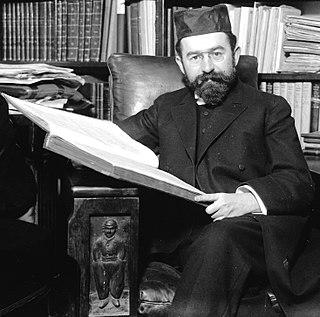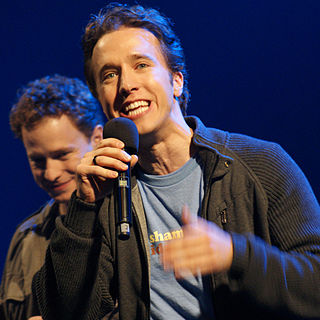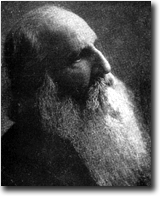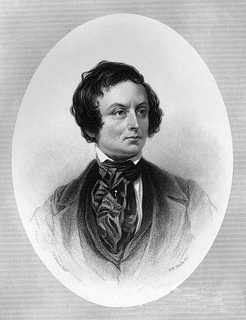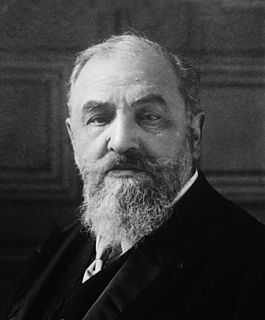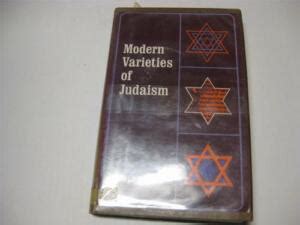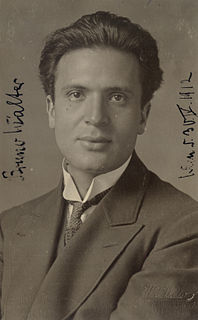A Quote by Albert Einstein
A man's moral worth is not measured by what his religious beliefs are but rather by what emotional impulses he has received from Nature during his lifetime.
Related Quotes
[T]he central problem of government is a religious one; and anyone who assumes that he can form his political beliefs without consulting his ethics, which have their basis in religious conviction, is deceiving himself either about the true nature of government or his moral responsibility for his actions
All my life I have made it a rule never to permit a religious man or woman take for granted that his or her religious beliefs deserved more consideration than non-religious beliefs or anti-religious ones. I never agree with that foolish statement that I ought to respect the views of others when I believe them to be wrong.
But nature - that is, biological evolution - has not fitted man to any specific environment. On the contrary, ... he has a rather crude survival kit; and yet -this is the paradox of the human condition - one that fits him to all environments. Among the multitude of animals which scamper, fly, burrow and swim around us, man is the only one who is not locked into his environment. His imagination, his reason, his emotional subtlety and toughness, make it possible for him not to accept the environment but to change it.
What is important is how much service you can give to the world and how much better you can make things. These are important things. These are all that are important. A bank account never measured the worth of a man. His ability to help measured his worth and that's all. A bank account can assist one to help but where it ceases to do that it becomes useless.
To assert that it is possible to establish peace between men of different nations is simply to assert that man, whatever his ethnical background, his race, religious beliefs, or philosophy, is capable of reason. Two forces within the individual contribute to the development of his conscience and of his morality: reason and sensitivity.
I have increasingly become conversant with Pythagoras' and Goethe's idea of a primordial music, not perceptible to the sensuous ear, but sounding and soaring throughout the cosmos. Tracing it to such exalted origins, I begin to understand more deeply the essence of our art and its elemental power over the human soul. Man, being a creature of Nature and subject to the cosmic influences that inform all earthly beings, must needs have been under the sway of that music from his earliest days; his organism reverberated with its vibrations and received it's rhythmic impulses.


